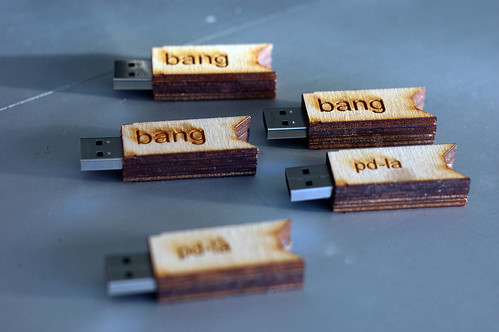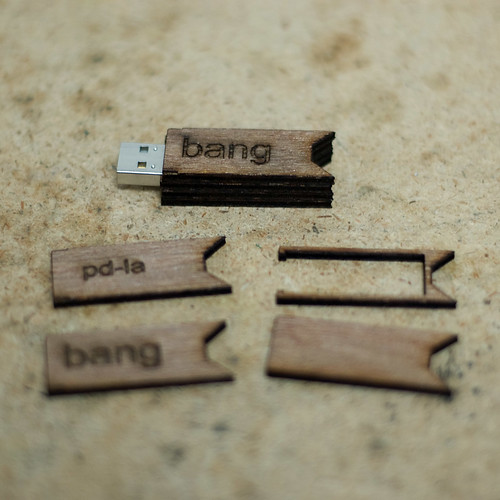As part of the pd-LAunch week, Hans-Christoph Steiner will be teaching a workshop on using Pure Data for interactive audio and video on April 28th at CRASHspace.
Starting with Realtime Audio/Video Interaction
Pd provides a wide range of tools for tracking and extracting information from audio in realtime. Once in Pd, we can use the audio to control sound generation, effect, video, camera processing, etc. The combination of audio processing and digital media provide myriad opportunities for creating interactions. This workshop will introduce how to create real-time interaction in the physical world with sound and light. Pd (aka Pure Data) will be introduced as a simple programming environment for real-time interaction. This workshop will be a combination of short lectures, hands-on instruction, and unstructured time to work on learning and exploring with support of the instructor. While Pd is fairly easy to learn and designed for artists, familiarity with basic computer programming will be very beneficial. You will be able to apply the concepts learned in this course to a wide range of programming environments that can receive data via OSC messages or a network socket, such as Arduino, Flash, Processing, etc.
Students are also encouraged to bring additional hardware and/or tools they are interested in working with, as long as they are technically self-sufficient with them. Bring MIDI equipment, projectors, etc. to experiment with realtime control. Bring an Arduino with Firmata plus servos or motor controllers to experiment with motion. Or accelerometers, rotary sensors; flex sensors, etc. to experiment with sensing motion.
Students will need a laptop with Pd-extended installed and working (download for free from http://puredata.info) – it is available for Linux, Mac OS X, and Windows. The laptop needs to have a microphone and speakers.
Space is limited. Cost is $60. Sign up at the CRASHspace store.

